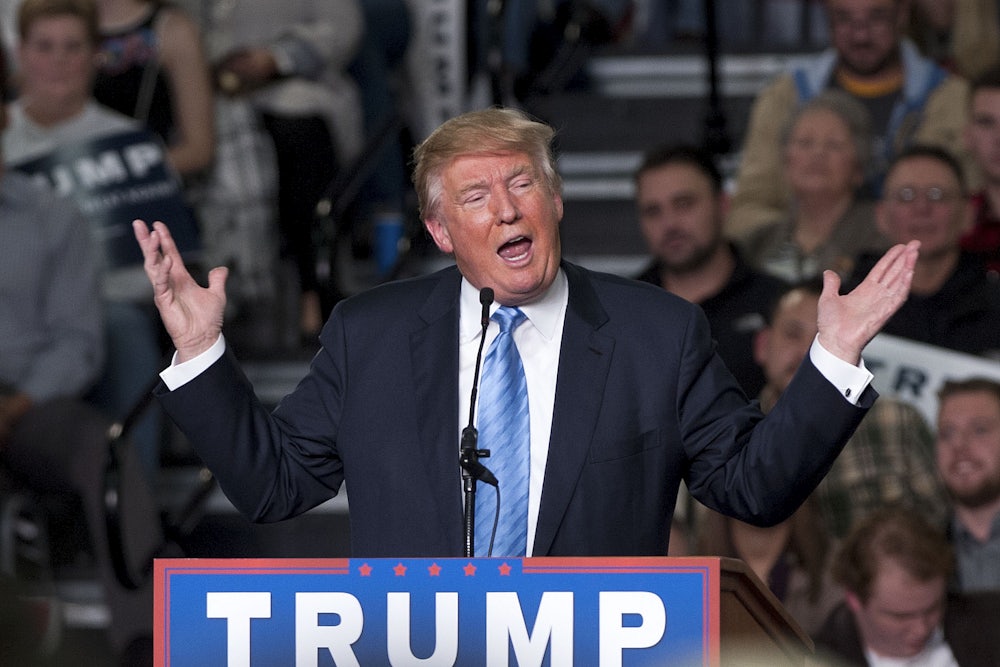Trump invited widespread condemnation Monday for his proposal to prohibit Muslim immigration into the U.S., but the most surprising sources of it were political reporters who typically consider complete impartiality to be a professional tenet.
The Washington Post’s Chris Cillizza, for instance, wrote, “Trump seemed to signal a new—and even darker—phase of his front-running campaign,” suggesting this isn’t the first time Trump had transgressed the outer limit of substantive propriety.
Hey remember when SNL had him on as the host? You know, just sort of an entertainer https://t.co/cfVL2jHWzQ
— Alex Burns (@alexburnsNYT) December 7, 2015Stipulating that Trump deserves every bit of this condemnation, I don’t understand by what neutral standard it’s okay for reporters to decry the values Trump represents, but for every other policy view to be off limits.
CNN, you’ll recall, suspended global affairs correspondent Elise Labott for two weeks after she fired off a tweet suggesting House Republican legislation to freeze our Syrian and Iraqi refugee program offends our national principles. Meanwhile the AP notes that Trump’s “rivals have proposed their own ideas for keeping tabs on Muslims in the United States and blocking those who want to come here,” without subjecting themselves to an onslaught from impartial reporters.
You can square the inconsistency if reporters must only refrain from taking a position on the merits of any issue if it has widespread support among elected officials in at least one of the two parties. But that can’t be the standard, can it? What kind of impartiality is that?
